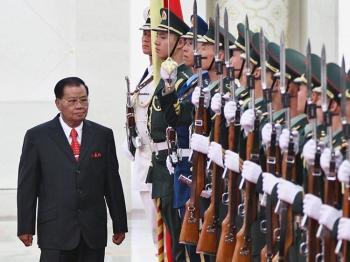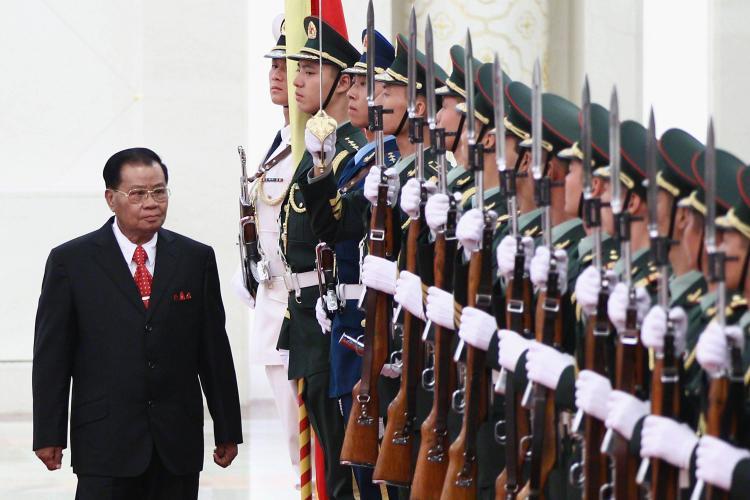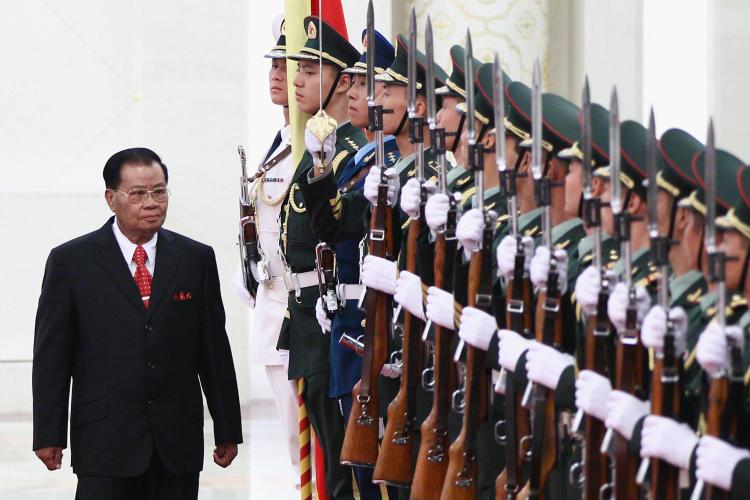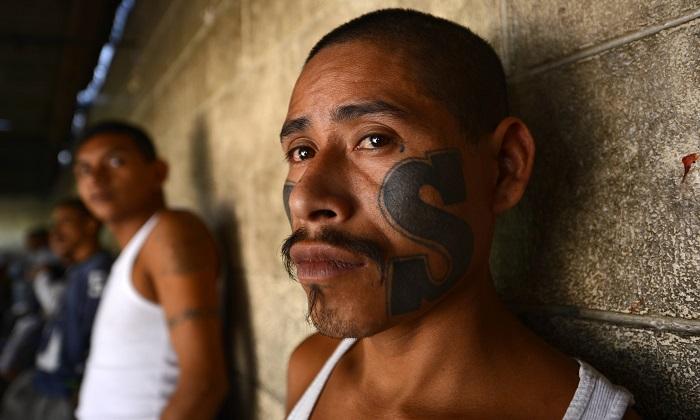BANGKOK—Off the coast of western Burma, local fishermen are being excluded from their traditional fishing grounds by a large fleet of Chinese trawlers that are supported by the Burmese military authorities.
Arakanese fishermen from the coastal town of Thandwe told exiled-Burmese media Narinjara that thousands of Chinese boats first arrived in October and that Burmese authorities have since restricted local fishing rights. Priority and open access to the sea, they said, has been given to the Chinese fleet and a local firm linked to the Burmese military.
“Now it is like our sea has become part of China, everywhere we look we can see Chinese trawlers fishing freely in the sea while we are being restricted to fishing in our own territory,” an unnamed fisherman told Narinjara.
Burmese in exile media sites are peppered with similar stories reporting China’s expanding economic footprint and political influence upon the country.
Anti-Chinese attitudes are high in Burma (renamed Myanmar by the military junta), especially in the country’s north, which in recent years has seen a large influx of cashed-up entrepreneurs crossing its northern border with China’s southern Yunnan Province.
“These are people moving into traditionally Burmese or ethnic areas and towns,” said Maung Zarni, a Burmese academic with the London School of Economics. “They are people with money; they are people who can buy local officials.”
The activities of unaccountable Chinese state-run resource companies—including damaging the environmental and forcing the displacement of communities—have advanced anti-Chinese sentiment in the local population.
“This has created not just resentment, it has created a massive and deepening popular hatred within Burmese society,” Maung says.
Large-scale energy projects involving Chinese state-run companies have also drawn international condemnation from human rights groups.
David Scott Mathieson, a senior researcher on Burma with Human Rights Watch, said that China’s energy policies in Burma undoubtedly contribute to human rights abuses, whether they are related to hydropower projects on the Irrawaddy River or the massive gas and crude oil pipelines being built through Burma to southern China.
“Infrastructure projects like this often entail widespread abuses, often because the Burmese military is tasked with securing them, and that translates to forced relocations, which we’re already seeing in Kachin State of Burma near the dam sites, and forced labor and other abuses by the army,” says Mathieson.
Beijing’s Support
Earlier this month, senior Chinese Communist Party figure, Jia Qinglin, visited the Burmese capital of Naypyidaw, to formalize a raft of deals with the military-dominated regime, including a soft loan and Chinese involvement in three copper mines.
Talks also reportedly covered security issues along the 2,200 km (about 1,370 miles) Sino-Burmese border.
Jia’s visit also highlighted Beijing’s support for Burma’s new so-called civilian government, which critics have described as a front for the junta following farcical elections held in November last year.
According to the Democratic Voice of Burma, Jia is the highest-ranking Party official to visit Burma following a stopover by Premier Wen Jiabao last June.
For Beijing, a freehand in neighboring Burma is especially important for geo-strategic reasons, said John Lee, a foreign policy expert with the Centre for Independent Studies in Sydney and the Hudson Institute in Washington D.C.
“A trading passage through Burma allows future exports to bypass the Malacca Straits, which is a point of potential vulnerability for China,” said Lee.
Along with the gas and oil pipeline, a Burma-China rail link is in the cards and Chinese companies have won contracts to dredge important rivers through the country to allow better vessel navigation.
Read More...Genuine Allies






